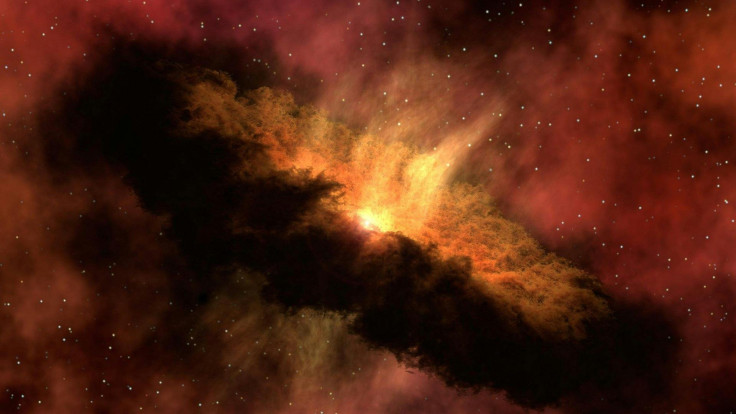Asteroid Belt Is Disappearing—Future Holds More Meteorites for Earth
Earth's asteroid belt is slowly vanishing—learn what this means for our cosmic future.

When most people imagine Earth's asteroid belt, they picture a dense ring of orbiting rocks, locked in place between Mars and Jupiter. Yet, the truth is far more captivating—and urgent.
According to a remarkable new study, the asteroid belt is thinning out. The vast collection of rocky fragments, once a bustling leftover from planet formation, is quietly vanishing.
What does this mean for Earth, and how might this change our solar system's destiny? Let's delve into the surprising discoveries and their implications for our ever-evolving cosmic neighbourhood.
Earth's Asteroid Belt: A Cosmic Balancing Act
The asteroid belt is not the jam-packed traffic jam of pebbles and boulders popularised by films. Instead, it's a deep expanse of mostly space, with objects ranging from tiny grains to the dwarf planet Ceres.
The belt itself formed billions of years ago from material that failed to merge into a new planet, held back by Jupiter's formidable gravity. Over time, this zone became both a buffer and a window into our solar system's chaotic past.
Vanishing Rocks: Why Earth's Asteroid Belt Is Shrinking
The latest study offers stark evidence: Earth's asteroid belt has been haemorrhaging mass for aeons. Researchers have found that only a fraction of the original material remains.
Collisions, gravitational tugs from Jupiter, and complex orbital interplays are steadily driving material out. Each interaction nibbles away at the population, a cosmic erosion visible only in the very long term.
Notably, the study shows that new asteroids are not replacing those lost. Instead, the belt's population remains in steady decline, gradually altering both its mass and character.
The Surprising Ripple Effects for Earth
So, what does this dwindling reservoir mean for our planet? The thinning of the asteroid belt won't affect day-to-day life on Earth, but it could shape our future. Over time, some of the lost material finds its way towards us in the form of meteorites. While most will harmlessly burn up in the atmosphere, some will reach the ground, adding a fascinating twist to our planet's ongoing story of change.
Additionally, this slow demise spotlights planetary evolution as a whole. Scientists believe that similar processes unfold in distant solar systems, shaping worlds across the galaxy.
A Lens into Cosmic Evolution: The Broader Meaning
Earth's asteroid belt is far from a static relic. This research reframes it as a dynamic, slowly vanishing part of the solar system. The gradual disappearance is not just a curiosity; it's a vital clue in understanding how solar systems like ours form, age, and redistribute their building blocks over unimaginable timespans.
These findings also add depth to our knowledge of other cosmic objects—comets, meteoroids, even exoplanets—suggesting the forces at play are universal. Gravitational shuffles, collisions, and orbital decay may ultimately dictate the fate of countless planetary systems across the universe.
Earth's Asteroid Belt: Still Offering Cosmic Clues
Even as it disappears, the asteroid belt continues to be a wellspring of scientific discovery. By observing its slow transformation, astronomers gain profound insights into the engine of change that drives our solar system.
While human life unfolds over decades, the grand transformation of the asteroid belt is a cosmic clock—reminding us that even the most enduring celestial features are in constant motion.
© Copyright IBTimes 2025. All rights reserved.





















